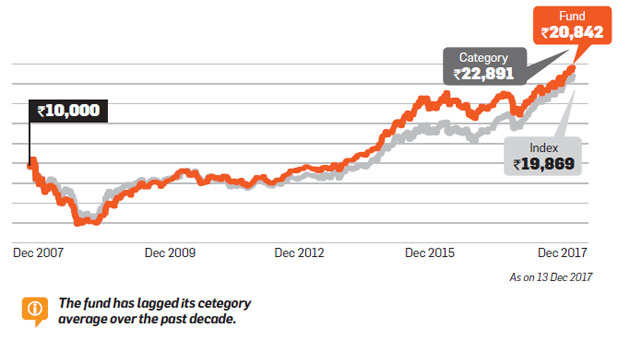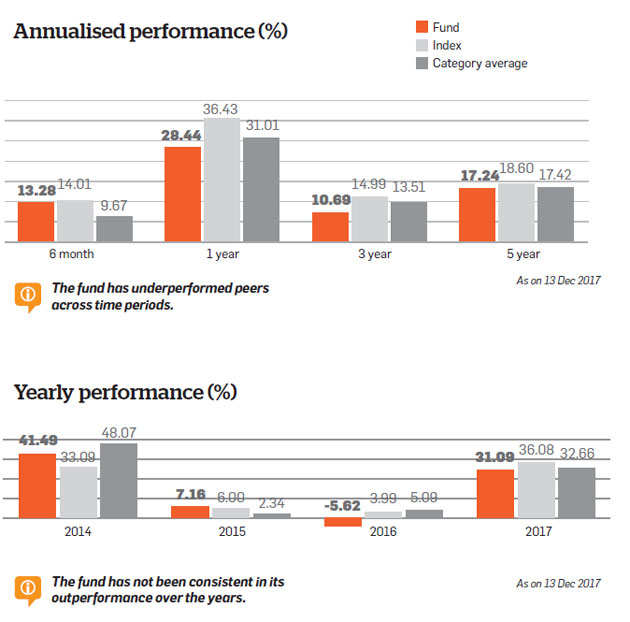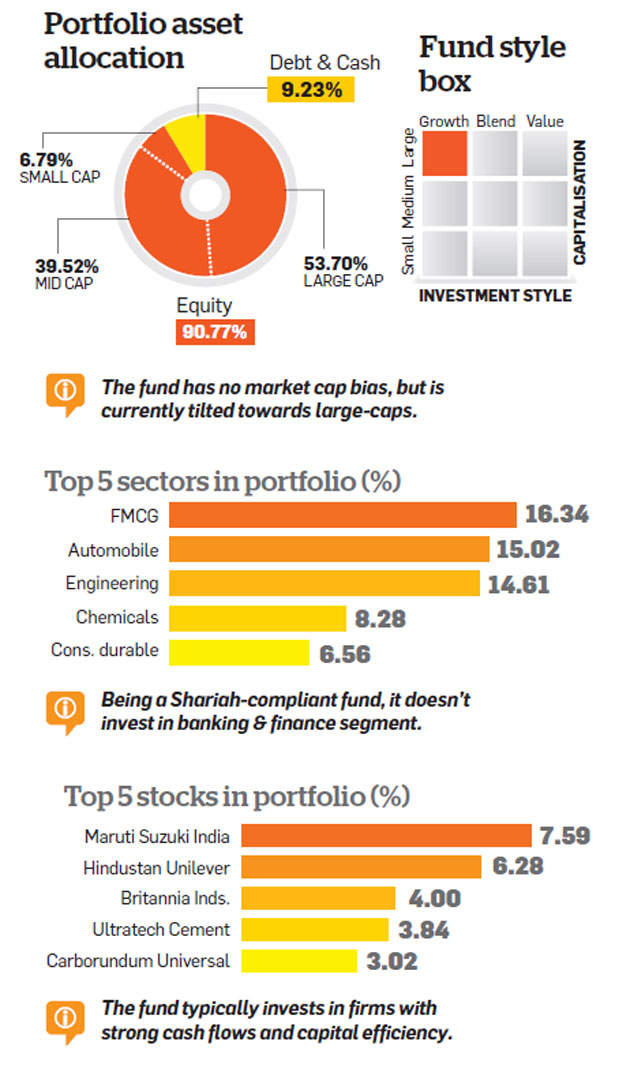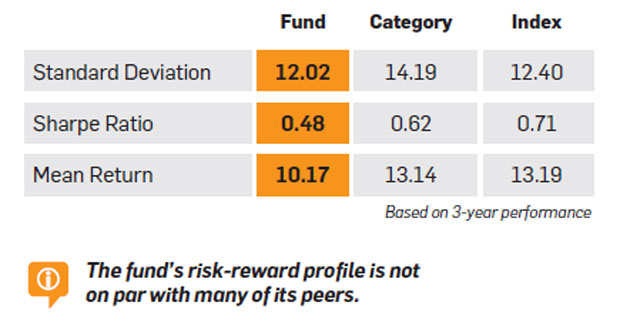While you may have made investments to claim deduction under Section 80C of the Income Tax Act, there are various payments, investments which are available as deduction against an individual's taxable income.
It is your duty to pay tax to the government, but overpaying taxes is not wise. While you may have, for instance, made investments to claim deduction under Section 80C of the Income Tax Act, there are various payments / investments which are available as deduction against an individual's taxable income. A few are mentioned below:
1. Deduction towards rent paid for accommodation provided is available, subject to conditions.
For salaried individuals, an exemption for the rent paid is allowed being the least of the following:
# actual HRA received,
# actual rent paid as reduced by 10% of basic pay, or
# 40% / 50% of the basic pay (depending on the location of accommodation)
For non-salaried individuals, a deduction is allowed being the least of following (subject to conditions)
# Rs 60,000,
# actual rent paid as reduced by 10% of total income, or 25% of total income.
2. Payment towards medical insurance premium up to Rs 25,000 for self, spouse and dependent children and up to Rs 25,000 for parents is allowed as a deduction. In case of senior citizens, the limit is extended to Rs 30,000.
3. In case an individual is a salaried employee, reimbursement towards medical expenses of up to Rs 15,000 is available for exemption.
4. Deduction is allowed for interest paid on education loan taken for higher education subject to conditions. The deduction is allowed for eight years or till the loan is repaid, whichever is earlier.
5. Interest payments on loan taken for purchase of property are allowed up to Rs 200,000 for self-occupied property, while there is no limit for deduction in case of let-out properties. However, in case of let-out properties, loss of only up to Rs 200,000 is available for set-off in the same year and the balance needs to be carried forward for set-off against income from house property (up to the next 8 years).
6. Donations to a notified organization / fund are available as deduction up to 50%-100% of the donations made depending on the type of organization / fund.
Certain investments which can also be considered as deductions are listed below:
7. Where an individual has earned long-term capital gains, and the gains are invested in REC / NHAI / other notified bonds (up to Rs 50 lakh) within a duration of six months of the sale, such gains can be exempt.
8. Where an individual earns the long-term capital gains on transfer of residential house property and reinvests the same to purchase / construct another residential house property, an exemption of such gains is available subject to conditions.
9. Similarly, where sale proceeds of long-term capital assets (other than house property) are reinvested to purchase / construct a house property, an exemption is available subject to specified conditions.
10. Where an individual makes a contribution towards National Pension Scheme, an additional benefit of Rs 50,000 is available.





